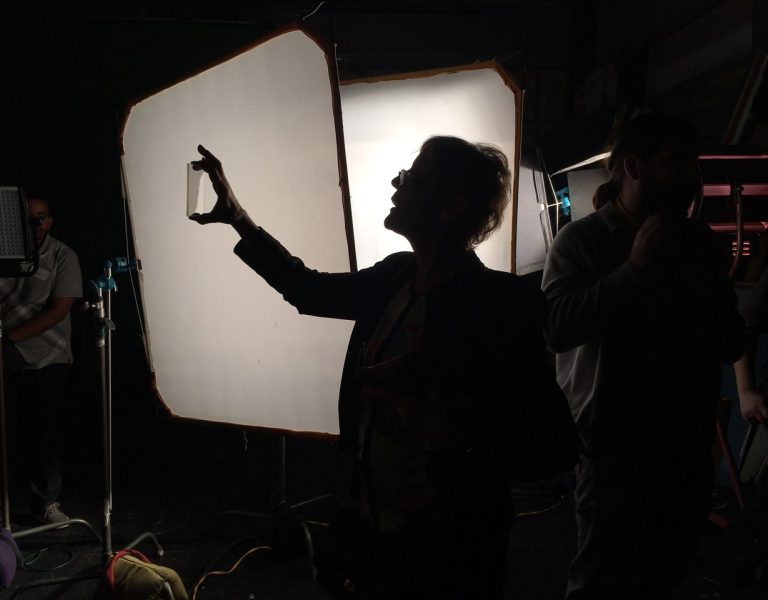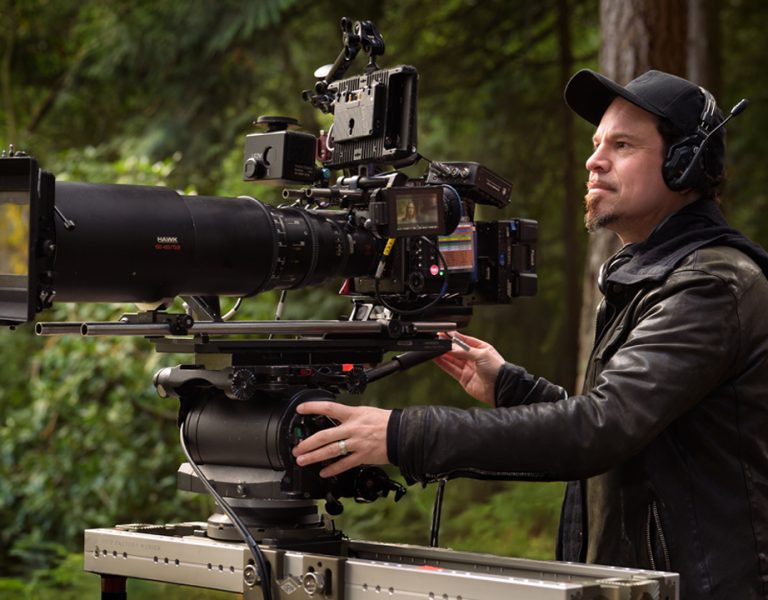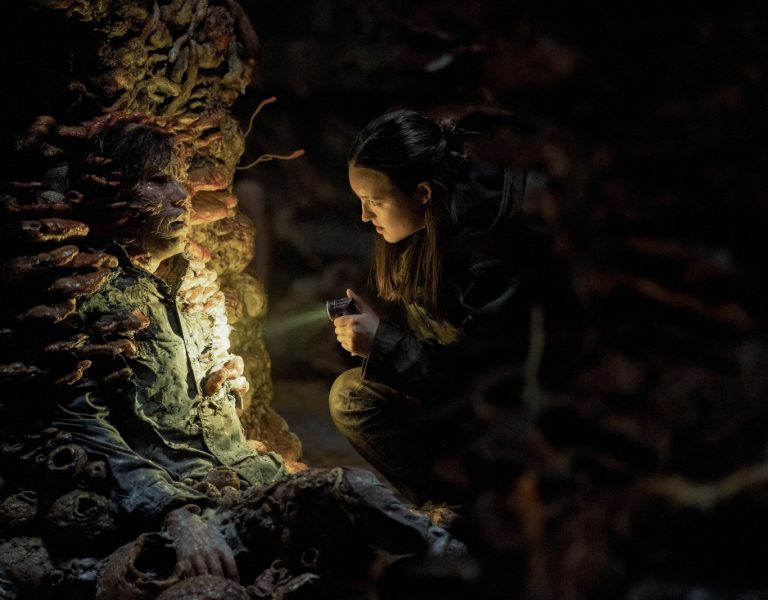John Keedwell GBCT marks 100 years of a Hollywood icon that’s witnessed and weathered its fair share of industry crises.
This year, 2023, marks the 100th anniversary of the iconic Hollywood sign that sits on the hills overlooking Los Angeles. Happy anniversary. 2023 also marks a time where there has never been so many arguments and discussions over the future of the whole cinema business. There have been some extremely sordid and horrific episodes during the history of moviemaking in Hollywood that ruined some careers, of course, and the sign has witnessed and weathered most. For different reasons there have also been many threats to the very fabric of cinema over the years. Yet this one is huge. From the introduction of sound and colour images in the 1920s, to the threat of television, then CGI, amongst others. Ironically there have been many technological “threats” that ended up enhancing the medium and making the experience for the audience greater than ever before.
Then came COVID-19, and the business model we knew was turned upside down. Initially it was boomtime for the streaming companies as they literally had a captive audience sitting at home wondering what to do for entertainment. Streaming came to town, and a lot of money was made in entertaining a thirsty audience. In the history of cinema there were never more box sets binge-watched from start to finish. (On a personal note, I still haven’t made it to the end of Game of Thrones, but that’s me.) The need for escapism and taking the viewer to places they had never been before was never greater.
Cinemas were empty, as were restaurants, bars, and other hospitality venues, and yet streaming had found its sweet point with a huge back catalogue and the ability to monetise it endlessly. Because content was being devoured by audiences, and more subscriptions taken out for an adoring audience, many dollars were made. Many executives paid themselves huge bonuses, and it was all going well for them. It was a double-edged sword, however, as productions were harder to make with many people catching the “lurgy”, and productions shutting down.
Fast forward a year and COVID was over, releasing many audience people back to their work, leaving less time to watch films. Combined with the other factors we are now living through, people had less in their pockets, less time to watch content, and the inevitable cancellation of subscriptions ensued, meaning less income.
Now there are no restrictions on shooting films it should be a boom time again. Then the members of the Writers Guild of America (WGA) had their three-year renewal of contracts and in case you have been living in a cave for the past year, the overwhelming membership of the WGA voted for the first total work stoppage in 15 years. This has already affected thousands of people in the US and also in the UK and is yet to fully play out.
Writers say their input to movies as content creators has devalued their profession since streaming, and whilst the top 12 entertainment executives paid themselves around $1bn, the writers were left scrabbling for the crumbs. The buzzword for 2023 became A.I., or artificial intelligence (what a great name for a film…) and the threat to writers and actors was real when “robots” created written content. Maybe I, Robot would also be a great film title… The science-fiction writers and filmmakers predicted this many decades ago, as long ago as 1950.
There was a huge number of stalled productions that sprang into action as soon as possible and they were completed. Yet there were new studios built and crews still not working as the slow return to work came, stalled a bit then started up again.
There were other factors for the writer such as “mini-rooms” where a group of writers develop a script. The upshot was writers were not being paid a living wage, even though they were the creators of massive hits.
The business and technology had moved so fast the contracts couldn’t keep up with the contract intricacies and the ability of the heads to be level-headed and not be quite so aggressive and greedy.
There was a need for a renegotiation of contracts, yet the negotiations broke down, and then the actors joined the lines. Productions stopped. No publicity, no awards, no red carpets…. Boom.
Many writers are saying it’s not a sustainable career, and their whole profession is now at stake. The whole business is fundamentally broken, yet there seems to be a digging in of heels from the studios. The producers are claiming the goldmine of streaming is still an ‘emerging business’, and they need to be cautious.
There is a huge danger that gluttony will kill the golden goose. This all goes back to a bigger question many people are now asking. What is the value of the original content and what is the value of the end content? In cinema time it was measured by how many seats you sold to the audience, and that was very simple. The royalties and residuals kicked in and that worked. A blockbuster hit meant all the main contenders of input to the film got paid well.
Viewers have never had it so good, with a huge amount of expensively produced movies available for relatively little. How do you decide that the content you’re producing is actually generating value?
Where does this leave the people who were employed on UK based film productions? Mostly kicking their heels, it seems, along with the high overheads that come with camera hire, lighting hire and all the other necessary infrastructure that goes along with making a large cinema production.
I hope the sensible people get around the table and find a solution that is win-win for everyone, because at the moment it is stifling all the productions that were just getting off the ground, or about to be premiered. This cannot be good for the business in the long term. Pay a fair share to the people who work on a film and that includes writers, camera crews, chippies, plasterers, sparks, and everyone who puts a lot of effort into each production. Or the golden goose will be a dead duck.
















